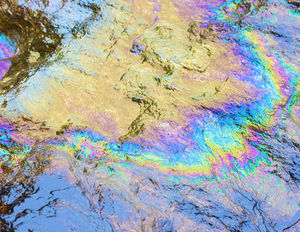ISSS608 2018-19 T3 Assign SAMEER PANDA Overview
|
|
|
|
|
Overview
Last year, the Kasios Furniture Company was implicated in environmental damage to the Boonsong Lekagul Wildlife Preserve for both dumping toxic waste and polluting the air with chemicals from its manufacturing process. But Kasios is not taking these accusations lying down, and they deny any accusation of industrial waste dumping! Kasios’ spokespersons state that there isn’t any ground contamination near the remote ranger station that was suggested by last year’s mini-challenge 1 and 3 participants, and they have inspected that area and found it as pristine as the rest of the preserve.
Mini-Challenge 2
Outraged ornithology professors from Mistford College journeyed out to look over the dumping site themselves and perform soil analyses. They returned to report that the site looked like there had been recent excavation and building activities going on. Boonsong Preserve rangers later confirmed that a new ranger station was being built at that site! Soil samples taken from the site were inconclusive in detecting Methylosmolene (the toxic manufacturing chemical in the suspected dumping) or any other contaminant, as new top soil had been trucked in.
Questions
With a primary piece of evidence against Kasios now gone, investigators will need to take another approach. Professors in the Mistford College Hydrology Department have come forward with several years of water sensor readings from rivers and streams in the preserve. These samples were taken from different locations scattered throughout the area and contain measurements of several chemicals of possible interest, but they have never been analyzed due to lack of funding. Could visual analytics help reveal something in this data that could make up for the soil evidence that was destroyed?
